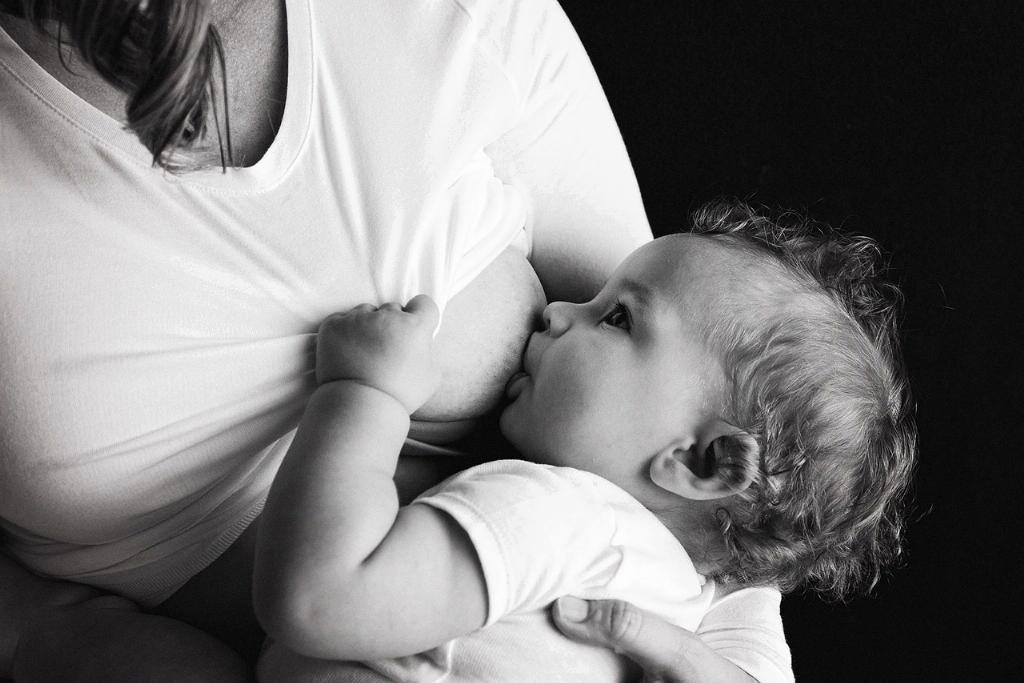Many new mothers often wonder whether soft breasts mean low milk supply. It is essential to understand that the fullness or softness of your breasts is not always an indication of your milk production. As your body adjusts to your baby’s feeding patterns, your breasts may feel softer at times, which is entirely normal.
Factors Influencing Breast Softness
Several factors can contribute to the softness of your breasts, such as your baby’s age, feeding frequency, and milk removal efficiency. When your baby nurses more efficiently or for shorter periods, your breasts may feel softer. This does not necessarily mean that you have a low milk supply.
Trust Your Body’s Ability
It is crucial to trust your body’s ability to produce an adequate milk supply for your baby. Your body is designed to respond to your baby’s needs, adjusting milk production based on demand. The softness of your breasts is a natural part of this process and does not indicate insufficient milk supply.
Observing Your Baby’s Signals
One of the best ways to gauge your milk supply is by observing your baby’s behavior. If your baby is gaining weight, has an adequate number of wet and soiled diapers, and appears satisfied after feedings, it is likely that your milk supply is sufficient, regardless of the softness of your breasts.
Seeking Support and Guidance
If you have concerns about your milk supply or breastfeeding, it is essential to reach out to a lactation consultant or a healthcare provider. They can provide you with personalized guidance and support to ensure that you and your baby are thriving on your breastfeeding journey.
Avoiding Common Misconceptions
There are many misconceptions surrounding breast fullness and milk supply, leading to unnecessary worry and stress for new mothers. Remember that every breastfeeding journey is unique, and the softness of your breasts should not be a cause for alarm if your baby is showing signs of adequate milk intake.
Creating a Nurturing Environment
Creating a nurturing and supportive environment for breastfeeding can also positively impact your milk production. Taking time to relax, stay hydrated, and eat a balanced diet can help support your body’s ability to produce milk effectively, regardless of the softness of your breasts.
Understanding Breastfeeding Challenges
It is common for new mothers to encounter challenges along their breastfeeding journey, and fluctuations in breast fullness are just one of many factors that can influence milk supply perception. Seeking assistance and information can help address any concerns and ensure a positive breastfeeding experience.
Validating Your Experience
It is essential to acknowledge and validate your experience as a breastfeeding mother. Trusting your instincts, seeking support when needed, and being patient with yourself are key aspects of navigating the ups and downs of breastfeeding, including changes in breast fullness.
Embracing Your Unique Journey
Every breastfeeding journey is a unique experience, and comparing yourself to others or worrying about breast fullness can detract from the joy of bonding with your baby. Embrace the journey, celebrate your accomplishments, and seek help if you have any concerns along the way.
Conclusion
In conclusion, the softness of your breasts does not necessarily indicate low milk supply. Trust in your body’s ability to produce milk for your baby and pay attention to your baby’s cues to assess milk intake. Seek support when needed, and remember that every breastfeeding journey is unique. Embrace the beauty of nurturing your baby and cherish the special bond that breastfeeding creates between you and your little one.

